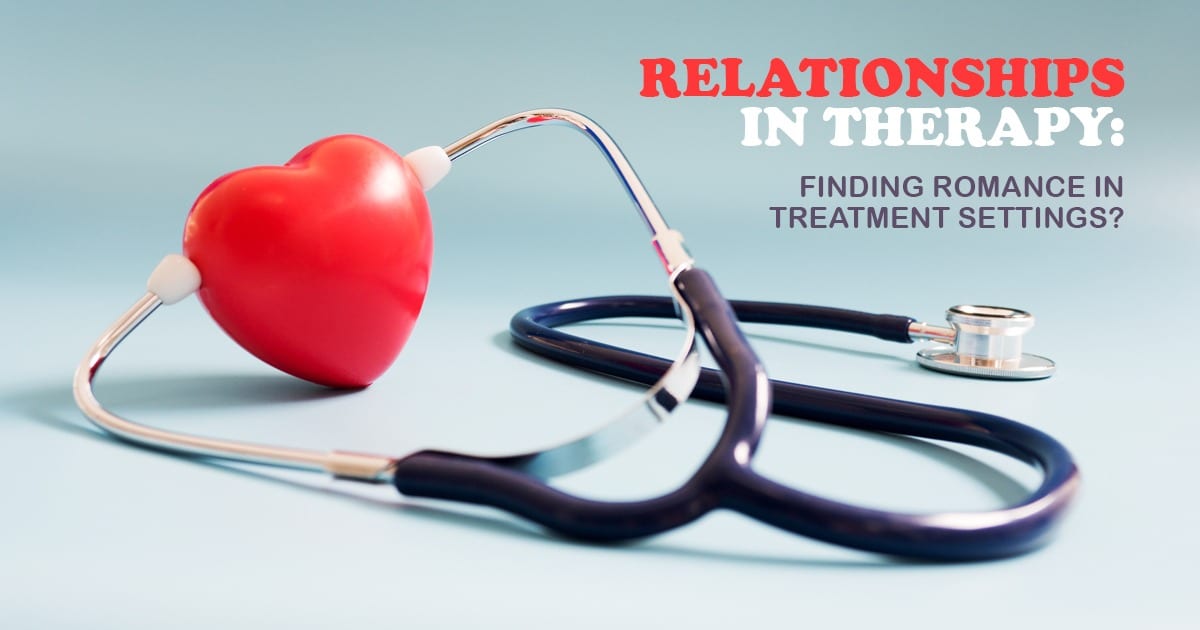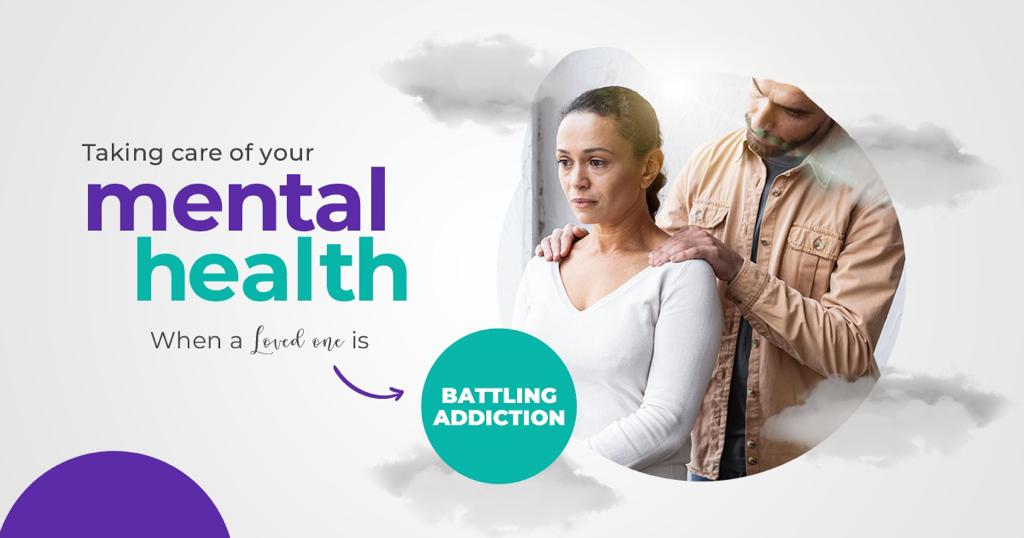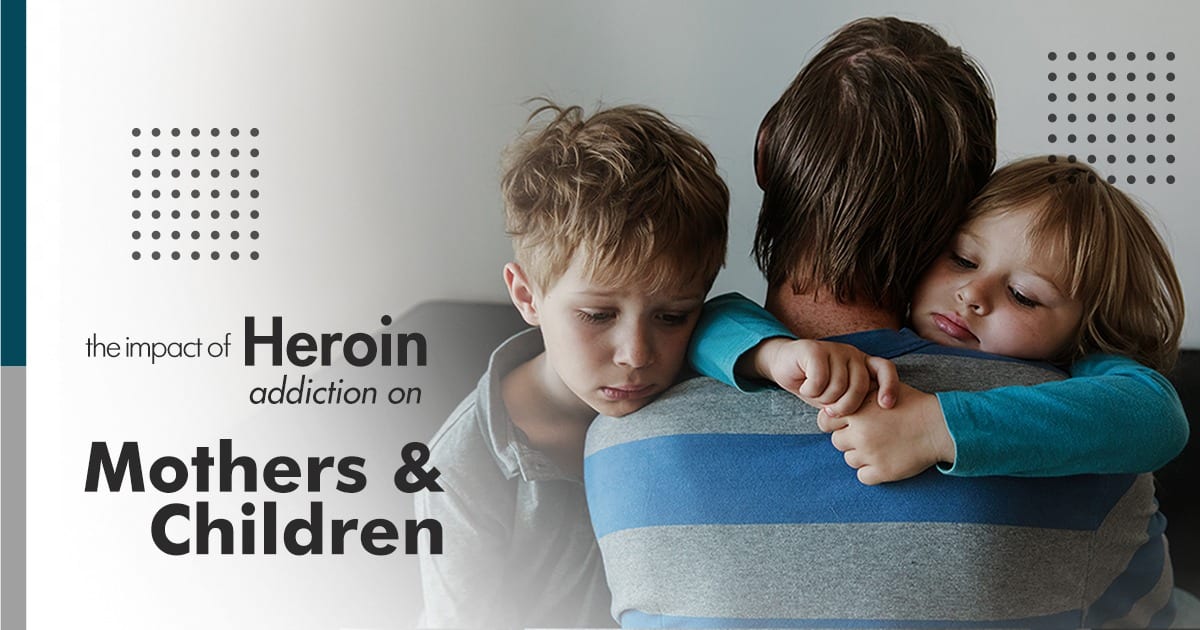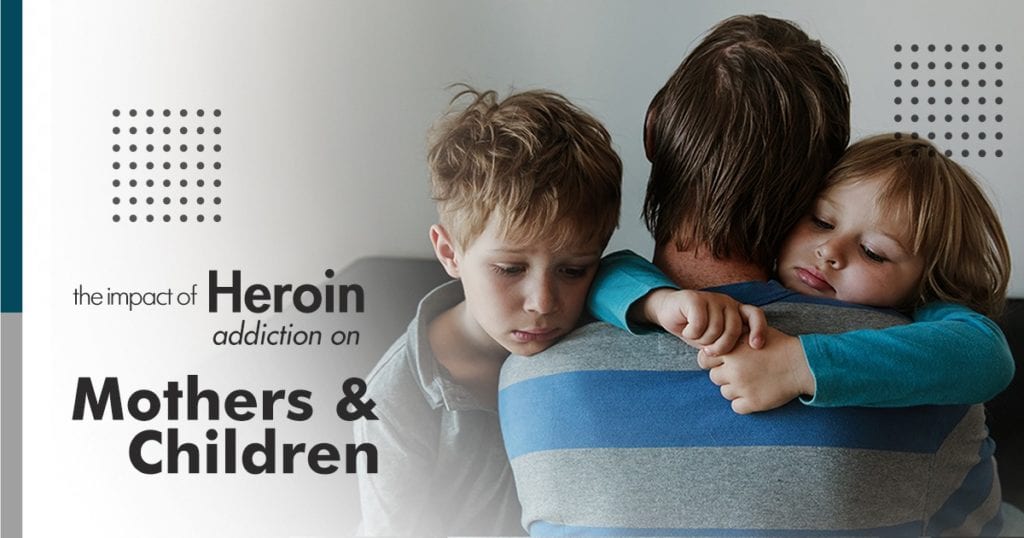The relationships in therapy is extremely important. Rehab can be an intense experience; it’s natural to bond with others during your stay in an addiction treatment facility for drug or alcohol abuse. In a support group, you may find yourself empathizing with others’ stories or relating to them better than you did before. While it is acceptable and even encouraged, to make friends in rehab, is it ever okay to start a romantic relationship in therapy?
Dating In Recovery
If you have ever been addicted to drugs or alcohol, you may have formed unhealthy relationships during that time — and lost them or given them up as you became sober, relationships beyond friends and family members also. The early period of recovery can be lonely as you try to rebuild your life. But is it a good idea to pursue dating while you are getting sober?
For most residential treatment programs, the answer is no.
Many rehab programs have a policy in place against finding a romantic partner in your treatment center. It can be complicated to date someone in the early stages of recovery, even if they are also getting sober from drug or alcohol abuse.

Alcoholics Anonymous and its sibling program Narcotics Anonymous also stand against dating in the early days of recovery. Because drug and alcohol abuse warp our perception of the world around us, AA believes that it is essential for us to regain a good understanding of who we are — and what we are looking for in a relationship — before starting to date again.
The Risks Of Dating Early In Recovery
You might think that policies against dating someone in treatment are a bit extreme. There can even be benefits to dating someone who is also in recovery since they understand, more intimately than most, what you are going through.
But there’s a big difference between dating someone when you have been sober for many years and dating someone in the early stages of recovery. This difference can make it problematic or even dangerous to get into a relationship during your time in rehab.
Another reason why many drug and alcohol treatment programs do not allow participants to date one another is the risk of codependency. You might replace your addiction to drugs or alcohol with a “relationship addiction” instead.
Once you are romance addicted, there are many more issues you have to face. Relationship problems, mental health problems, and more. You may soon find yourself in couples therapy, as well as individual therapy, and drug and alcohol counseling.
Rushing into a relationship too early in your recovery can lead to becoming overly dependent on your partner’s affection for your self-esteem. You might also make excuses for your partner’s bad behavior, even when the relationship becomes abusive. In some cases, this practice may even enable you or your partner to relapse into drug or alcohol abuse again.
It’s important to go into any romantic relationship as the best version of yourself. You want to be with a partner who understands and accepts your flaws. For someone in recovery, it is imperative to date someone supportive of your long-term sobriety. However, you also need to make sure you are fully healed from the issues that led to your substance abuse before seeking a critical relationship — especially if you want a healthy relationship that will last.
Consequences of Dating During Rehab
Dating too early in your recovery from drug or alcohol abuse can sabotage your healing process. You might develop codependency, or “relationship addiction,” which can lead you to relapse or find yourself in an abusive relationship. Both of these conditions can make it more challenging to recover from substance abuse.
You might also face severe consequences while seeking treatment for drug and alcohol abuse. Since most treatment programs have rules against dating fellow participants in rehab, there can be repercussions for breaking these rules. One study found that 8% of participants were expelled from rehab programs for dating others in their treatment facility.
Most importantly, relationships in therapy and in the early stages of recovery can distract you from what matters: getting better. Your sobriety requires your full attention and effort, especially in the early days. Relationships can be a distraction, either purposefully or incidentally, that makes it more challenging to focus on yourself and heal from the wounds that led to your substance abuse.

Likewise, you want to make sure you can give a romantic relationship your total effort and attention. If you or your partner are trying to get sober, you cannot provide the relationship your best shot. That does not mean you necessarily need to end your relationship if you were in one before deciding to get sober. Still, you might find that the relationships you had during your substance abuse no longer serve you in your sobriety.
When Can I Date Again?
Relationships in therapy are rarely advised. However, romantic relationships are an essential part of the human experience, and many of us dream of finding a supportive partner to spend our life with. If this sounds like you, you might be wondering when it is okay to start dating again during your sobriety. How will you know when you are ready to start dating again?
The most important thing is that you are secure in your sobriety before you begin dating again. You need to prioritize getting sober over finding a romantic relationship, especially in the early days of recovery. It isn’t fair to you or your partner if you are still at a high risk of relapse. After all, if you have abused substances in the past, you have probably experienced how substance abuse can easily ruin a relationship.
Likewise, you want to ensure that relationship troubles will not derail your recovery if you have an intense emotional experience related to dating, such as a breakup. You need to ensure you have other coping mechanisms to deal with relationship conflict besides turning to drugs or alcohol. These are skills you will learn during rehab.
Because of the rules against dating during rehab, at the very least, you should wait until you are discharged from a rehab program before beginning to date again. For practical reasons, you might also want to wait until you feel equipped to live on your own again. For example, it might be uncomfortable to bring a date back to your place if you live in a shared sober living facility!
Ultimately, you can’t have a healthy relationship if one or both partners are unhealthy. When you are dealing with substance abuse, you are coping with a disease. Like any disease, it needs to be fully treated before you can show up as your best self again. If you want a relationship that will last — and be supportive of your recovery — you should wait until you feel secure in yourself, your communication skills, and your sobriety before beginning to date again.

































